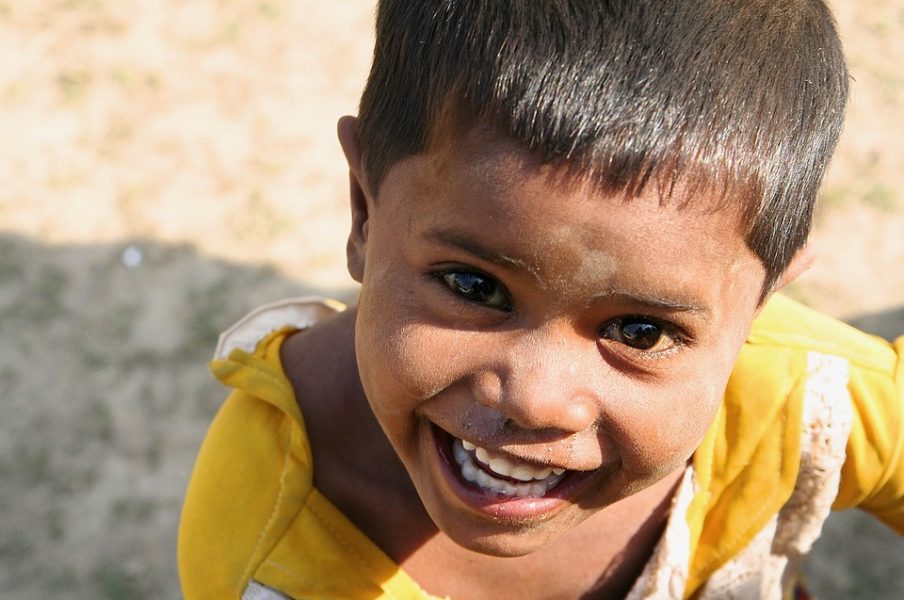
On Monday, February 27, the online event “Mapping and Exploration on the Subtheme of Child Poverty” took place. It was the first event the Community of Practice on Social Inclusion organised. The event was dedicated to explaining the relevance of ESF+ in tackling existing and new challenges regarding child poverty. More than 80 participants from all over the EU were present: European Commission representatives, representatives of the managing authorities and other stakeholders.
During the welcoming speech, Luk Zelderloo, lead thematic expert in the field of social inclusion, explained the main purposes of the event: First, to have a clear picture of what is happening in Europe after COVID-19, at a time of inflation and energy crisis; secondly, to give a chance to Member States representatives to share their ambitions, plans, good practices and challenges.
Zuzana Konradova, the thematic expert in child poverty and EU affairs coordinator at Eurochild, presented the current situation of child poverty in the European Union, the ESF+ planned investments and the implementation of the Child Guarantee announced by the Commission’s President Ursula von der Leyen in 2019.
Member states reports about Spain, Bulgaria, Slovakia and Malta’s work implementing the Child Guarantee was presented and discussed during the event. The Member States’ representatives shared their good practices, challenges, and plans to reduce child poverty.
Hearing children’s voices is very important while discussing their issues. Antonia Katic, the educator of the Croatian organisation Our Children, presented the child poverty report about children’s opinions on poverty. The information covered Estonia, Bulgaria, Croatia and Malta.
The discussion was professionally summed up by Marie-Cécile Rouillon, Commission Coordinator for the rights of the child, Luk Zelderloo and Tanya Ward, vice president of Eurochild, Children’s Rights Alliance Ireland, which stressed that the member states should pay special attention to the Roma children and migrant children all over Europe because they are the most vulnerable groups in all the EU countries. Among the many difficulties they face, children from these groups cannot often access local services dedicated to families and children.
The Member States’ promising strategies and positive examples on addressing child poverty and plans will inspire other players at their national level, from NGOs to public authorities, in dealing with such an important issue. The event will give a chance to members of the Community of Practice on Social Inclusion to continue consulting each other on this critical issue thanks to the networks established during the seminar. Opportunities like this are what make communities of practice a concrete and unique learning and sharing platform to create positive change in EU societies.
Find the summary report here.
![]()
European social fund agency
M. Katkaus str. 44, LT-09217 Vilnius
Work hours:
I-IV 8:00-17:00 (Lunch break 12:00-12:45)
V 8:00-15:45 (Lunch break 12:00-12:45)
Phone: +370 (5) 264 9340
Email: info@esf.lt
